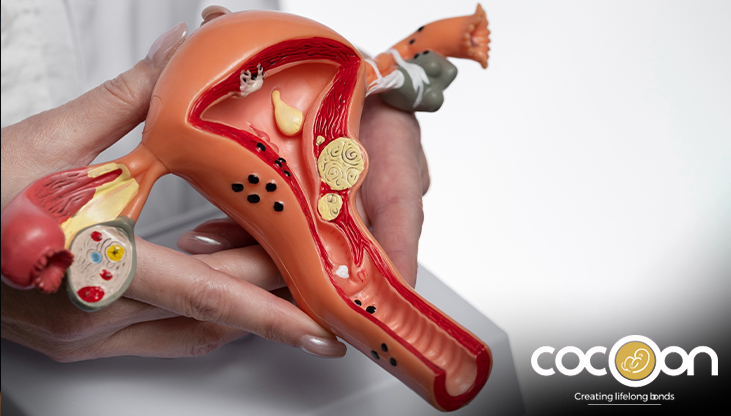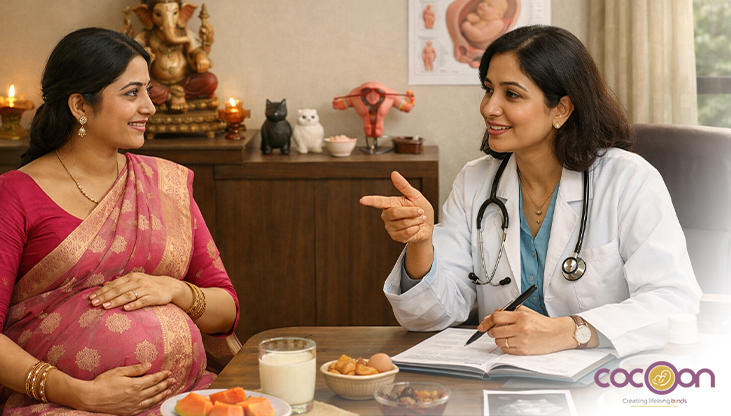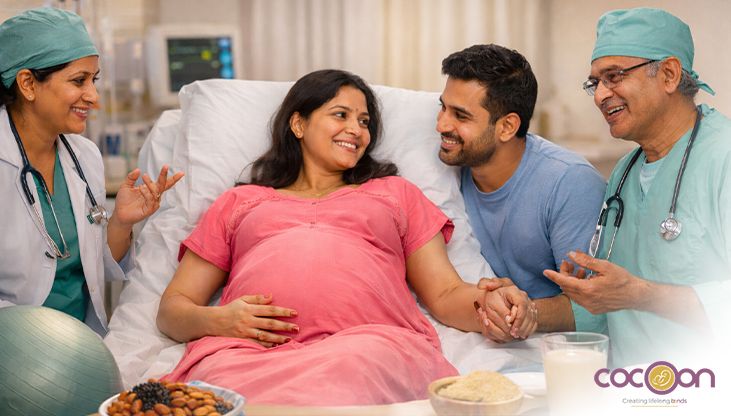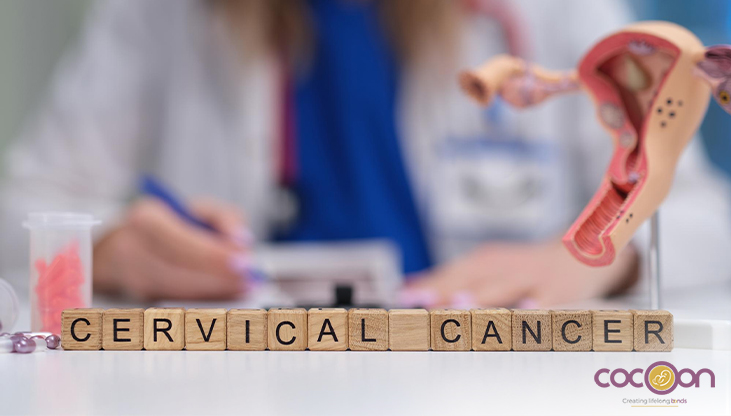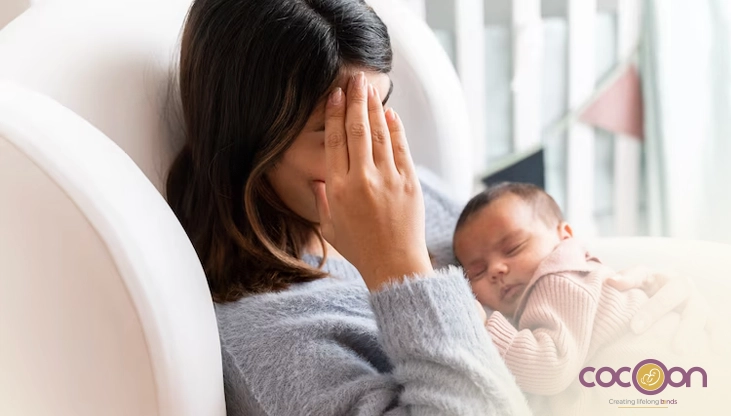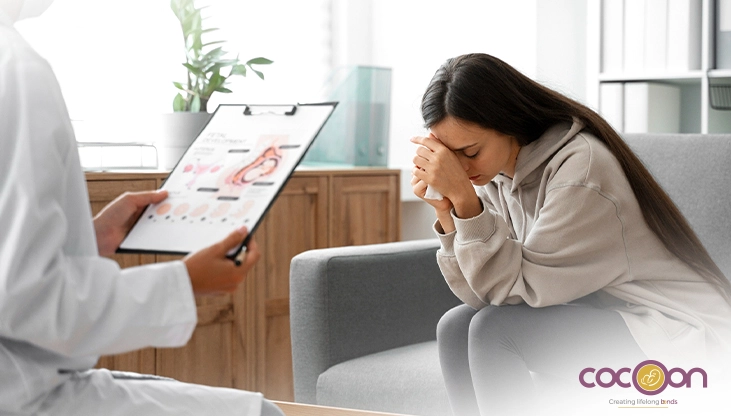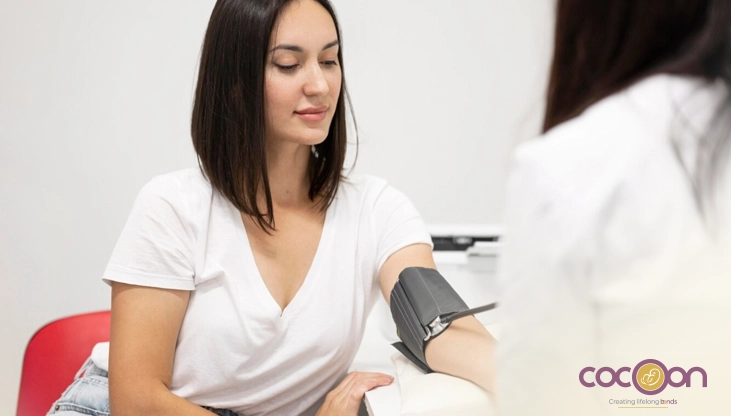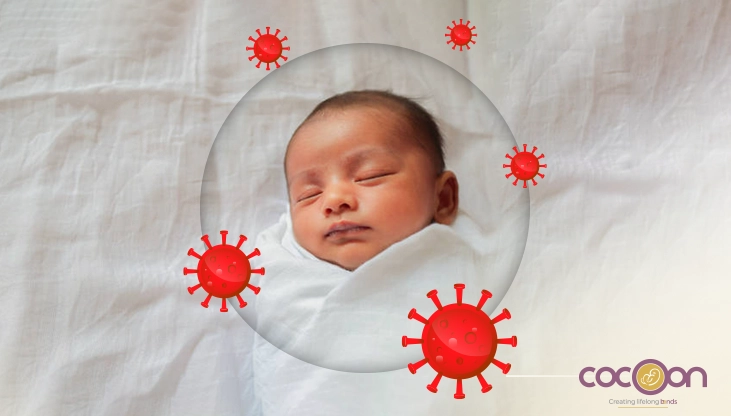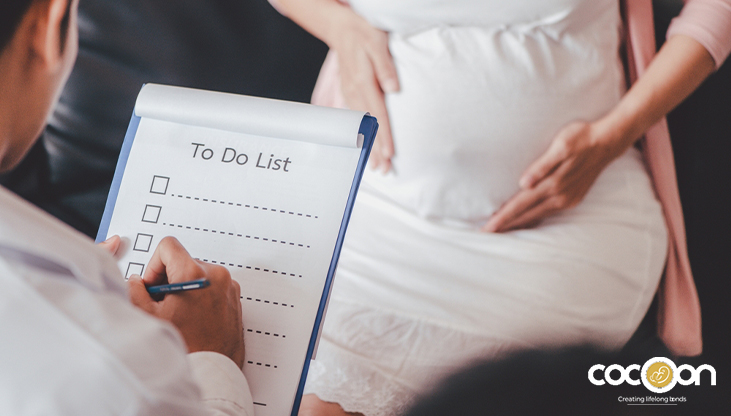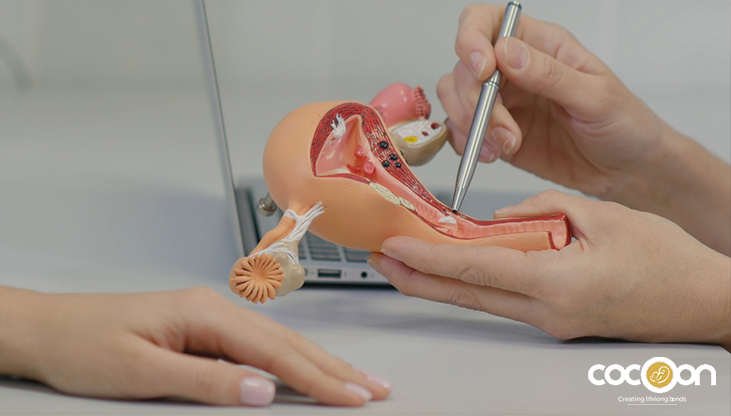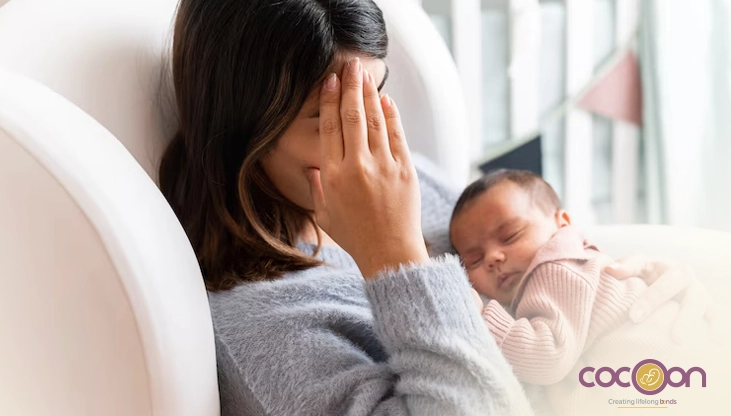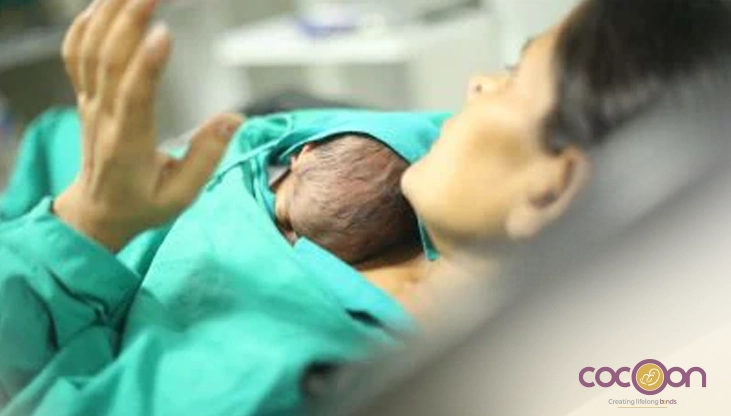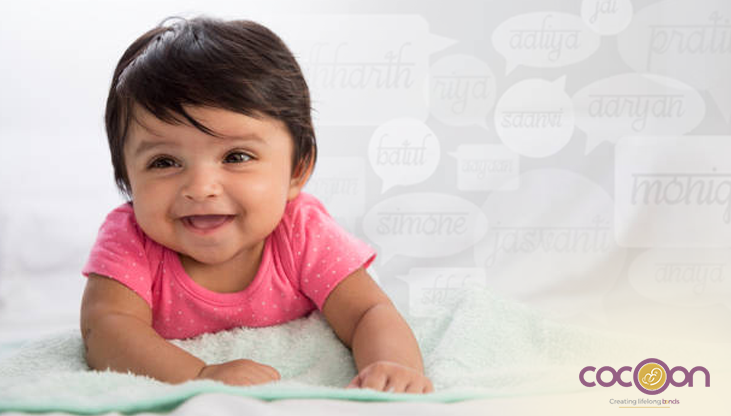When you’re planning to start a family, hearing that you have an ovarian cyst might leave you with a lot of questions. Could it impact your chances of getting pregnant? Should you be worried? While it’s totally natural to feel unsure, most ovarian cysts are harmless and don’t affect your fertility. In this blog, we’ll discuss what ovarian cysts are, how they can affect your body, and whether they could play a role in your family plans. Let’s take a closer look at what you need to know.
What Are Ovarian Cysts?
Ovarian cysts are like small, water-filled bubbles that grow on or inside a woman’s ovary. The ovaries are an important part of the female reproductive system because they release eggs each month as well as release hormones. Most of the time, ovarian cysts don’t cause any problems and go away on their own without treatment. You might not even know you have one.
There are different types of ovarian cysts such as functional and pathological cysts. The most common ones are functional cysts. These happen during a woman’s monthly cycle and usually disappear by themselves within a few weeks or months. Another type is pathological caused by endometriosis ovarian cyst, a condition where tissue that normally grows in the womb starts growing on the ovaries instead. Other cysts can grow for different reasons, such as infections or hormonal changes. Some of these might need medical attention.
Knowing what type of cyst you have is important for understanding if it might affect your health or your ability to get pregnant.
What Causes Ovarian Cysts?
Ovarian cysts can form for a variety of reasons, and understanding these reasons can help you to better understand your body. Sometimes, the body’s hormones change, which can lead to the growth of a cyst. This is especially common during the menstrual cycle when the ovaries are preparing to release eggs.
Cysts caused by endometriosis happen when tissue from the womb starts growing outside of it and forms cysts on the ovaries. This condition can also cause pain and other symptoms that might affect your quality of life. Polycystic ovary syndrome (PCOS) is another cause of cysts. In this condition, the ovaries develop many tiny cysts that make it harder for eggs to be released. This can affect your ability to get pregnant.
Some cysts can form naturally in the early stages of pregnancy. These are called corpus luteum cysts and are actually helpful in supporting the pregnancy by producing hormones. Infections in the lower belly area can also sometimes lead to cysts. While infections are less common as a cause, still they might require medical attention.Understanding the cause of your cyst is the first step to understanding its seriousness and its medical treatment needs.
Can Ovarian Cysts Affect Fertility?
Well, ovarian cysts affect fertility depending on the type of cyst and its size, but most small cysts do not cause any problems and can be treated on their own. However, there are some situations where ovarian cysts might make it harder to get you pregnant.
Functional Cysts
Functional cysts are the most common type and usually don’t interfere with fertility. These cysts are part of the normal process of ovulation. For example, one type of functional cyst, called a follicular cyst, forms when an egg doesn’t release properly from the ovary. These cysts often go away on their own within a few weeks and don’t cause any lasting problems.
Polycystic Ovary Syndrome (PCOS)
If you have PCOS, your ovaries might have lots of small cysts. These cysts are not harmful by themselves, but PCOS can make it harder for you to ovulate. Ovulation is the process where an egg is released from the ovary, and it is a key part of getting pregnant. Women with PCOS might find it takes longer to get pregnant, but treatments are available to help.
Endometriosis
Cysts caused by endometriosis can make it harder to get pregnant. These cysts, called endometriomas, are made of thick, old blood and can reduce the number of healthy eggs in the ovaries. Endometriosis itself can also cause scarring in the reproductive organs, which might affect the way the egg and sperm meet. If you have endometriosis, it’s a good idea to talk to a doctor about your options.
Large or Persistent Cysts
Sometimes, a cyst can grow very large or stay in place for a long time. Large cysts can put pressure on nearby organs or twist the ovary, causing pain and other problems. In these cases, surgery might be needed to remove the cyst. If surgery is required, doctors will try to preserve as much of the ovary as possible to protect your fertility.
Can You Get Pregnant If You Have an Ovarian Cyst?
In many cases, women with ovarian cysts can still get pregnant. Cysts that are small or go away on their own don’t usually cause problems. However, some cysts might create challenges.
If a cyst grows very large, it can cause pain or other issues and might need to be removed before or during pregnancy. Cysts caused by endometriosis can lower the chances of getting pregnant naturally. If you have PCOS, it might take longer to get pregnant because ovulation (the release of eggs) doesn’t happen regularly.
Once you’re pregnant, most ovarian cysts don’t cause problems. However, in rare cases, a cyst might burst or twist, which can be painful and may need treatment. It’s important to keep an eye on any cysts during pregnancy to avoid complications.
Also Read: Fibroids vs. Cysts: Key Differences and When to Seek Medical Advice
How Are Ovarian Cysts Treated?
The way doctors treat ovarian cysts depends on their size, type, and whether they cause problems. Many cysts go away on their own without needing treatment. If a cyst isn’t causing any symptoms, your doctor might suggest waiting and checking it again later to see if it’s gone.
Birth control pills can sometimes help stop new cysts from forming. If a cyst is very large, doesn’t go away, or causes pain, doctors might remove it through surgery. There are different types of surgery, but the goal is usually to remove the cyst while keeping the ovary intact. This helps preserve your ability to have children.
If a cyst is making it hard to get pregnant, there are other treatments that can help. For example, medications can help you ovulate, or doctors might suggest in-vitro fertilization (IVF) to improve your chances of having a baby.
What Should You Do If You Have an Ovarian Cyst?
If you know or think you have an ovarian cyst, it’s a good idea to talk to a gynecologist. A doctor can do an ultrasound to check the size and type of the cyst and recommend the best course of action. See a doctor right away if you have strong pain in your belly, fever or vomiting, irregular or very heavy periods, or pain during sex.
While you can’t always prevent cysts, regular doctor visits and staying healthy can help. Managing conditions like PCOS or endometriosis can also reduce the chances of getting problematic cysts. Eating a balanced diet, exercising regularly, and avoiding stress can also support your overall reproductive health.
Conclusion
Ovarian cysts are common and usually harmless, and most don’t prevent women from getting pregnant. However, certain types, such as those caused by endometriosis or PCOS, may make it more difficult to conceive. Many women with ovarian cysts go on to have healthy pregnancies.
If you’re concerned about ovarian cysts and how they might affect your chances of becoming a mom, it’s important to speak with your doctor. Early diagnosis and the right treatment can help you achieve your dream of starting a family.
FAQs
Q1. What is an ovarian cyst?
A. An ovarian cyst is a fluid-filled sac that can develop on or inside an ovary. They are usually harmless and often go away on their own.
Q2. Can ovarian cysts affect my chances of getting pregnant?
A. Most ovarian cysts don’t interfere with fertility. However, some conditions like PCOS or cysts from endometriosis may make it harder to get pregnant. It’s best to consult with a doctor for advice.
Q3. Do I need treatment for an ovarian cyst?
A. Many cysts go away without treatment. If the cyst causes pain or affects fertility, your doctor may recommend medications or surgery.
Q4. Can I still have a healthy pregnancy with an ovarian cyst?
A. Yes! In many cases, ovarian cysts do not cause problems during pregnancy. However, large cysts or cysts from endometriosis may require attention during pregnancy.
Q5. How can Cocoon Hospital help?
A. At Cocoon Hospital, our fertility specialists provide personalized care, helping you understand your ovarian cysts and fertility options. Schedule an appointment to get the right treatment plan tailored to you.

